Staying consistent with fitness and mental well-being starts long before you hit the gym or unroll your yoga mat. It begins in the kitchen. For beginners, the idea of weekly meal prep can feel overwhelming—but it doesn’t have to be. When done right, meal prepping isn’t just about saving time or cutting calories. It’s a holistic strategy that fuels smarter training, supports mental clarity, and builds sustainable habits.
This coach-style guide walks you through a simple, beginner-friendly weekly meal prep plan that prioritizes energy, recovery, and emotional balance—all backed by practical form notes, easy modifications, and mental health awareness.
Nutrition directly impacts both your body and brain. When you fuel consistently with balanced meals, you stabilize blood sugar, reduce inflammation, and support neurotransmitter function—all of which influence mood, focus, and motivation.
Meal prep removes daily decision fatigue. Instead of scrambling for food after a long day or post-workout, you’re equipped with nourishing options. This consistency reduces stress, supports sleep quality, and creates a sense of control—key factors in maintaining mental resilience.
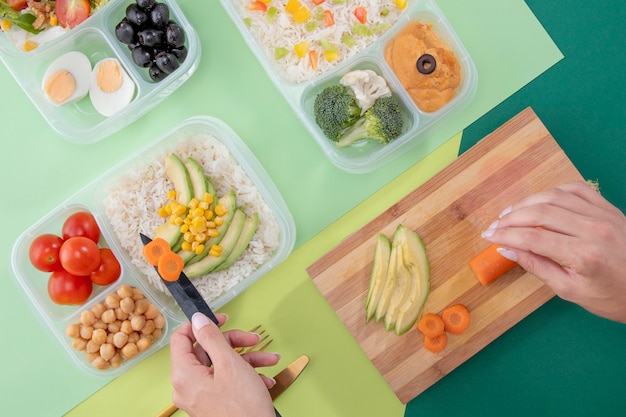
Think of meal prep like training: it requires structure, progression, and recovery. Here’s a simple 4-part framework to follow each week:
Just like in exercise, form matters in meal prep. Watch out for these common pitfalls:

Your meal prep should work for you—not the other way around. Try these simple swaps:
The act of preparing food is a form of self-care. It’s a quiet, intentional practice that grounds you in the present moment—similar to meditation or journaling.
Studies show that people who cook at home more often report lower levels of stress and higher life satisfaction. Meal prepping reinforces routine, which is especially helpful for those managing anxiety or depression.
When you eat regularly and nutritiously, your brain gets the steady fuel it needs to regulate mood. Omega-3s (found in walnuts, flaxseeds, salmon), B vitamins (in leafy greens and whole grains), and magnesium (in nuts and beans) all play roles in reducing symptoms of mental fatigue and low mood.
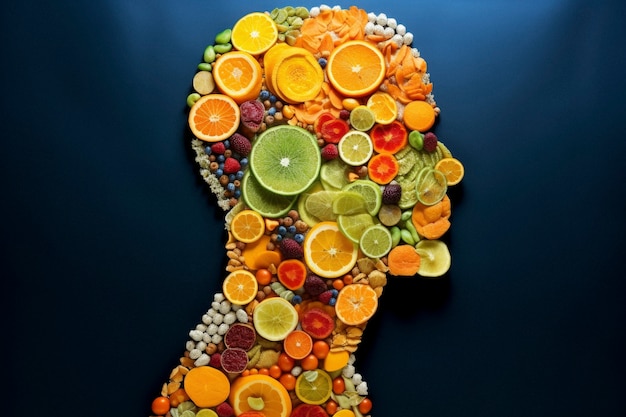
Progress over perfection. Some weeks you’ll prep five meals. Others, you’ll just batch-cook rice and chop veggies. Both count.
Celebrate small wins. Each time you prepare a meal in advance, you’re investing in your physical performance and mental clarity. Over time, these choices compound into lasting wellness.
Remember: Training smarter isn’t just about reps and rest. It’s about showing up for yourself—on the mat, in the kitchen, and in your mind.

Wellness

Wellness

Wellness

Wellness
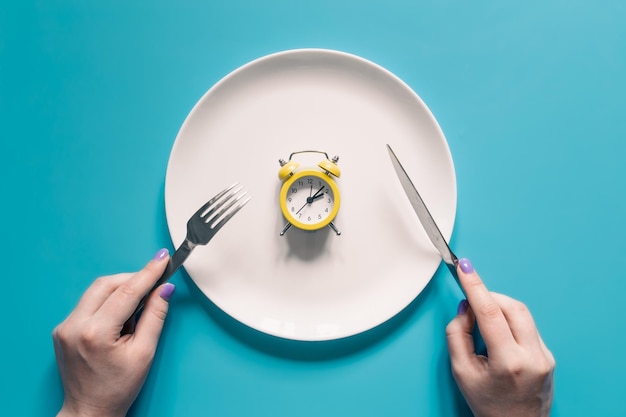
Wellness

Wellness
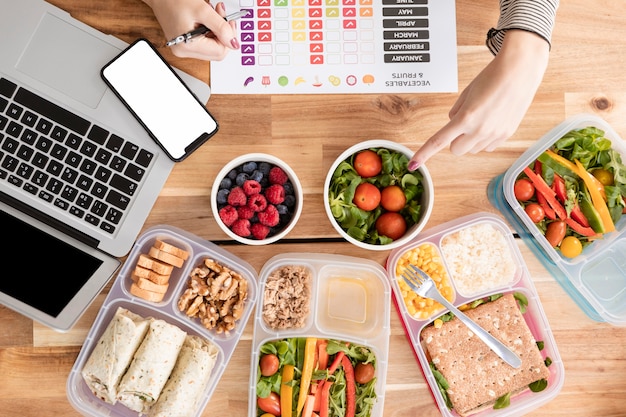
Wellness
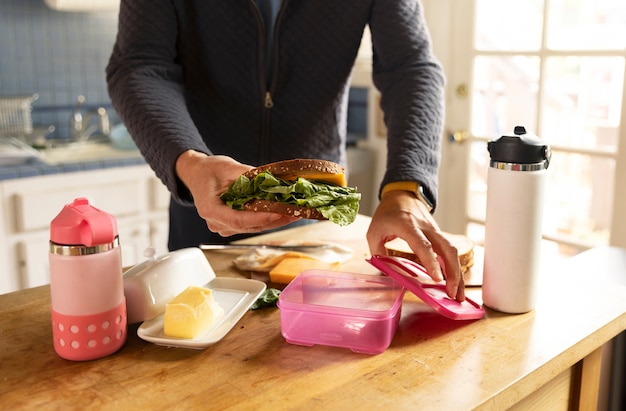
Fitness
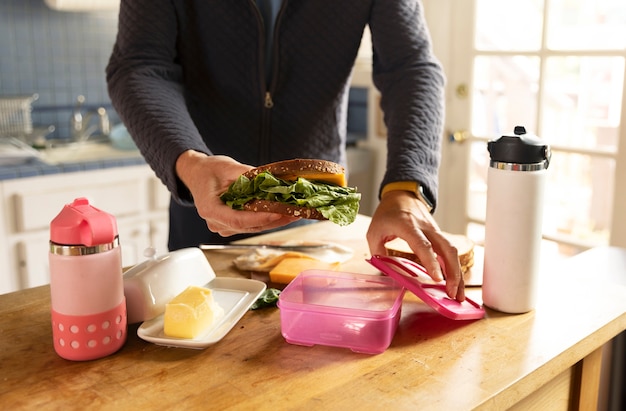
Wellness
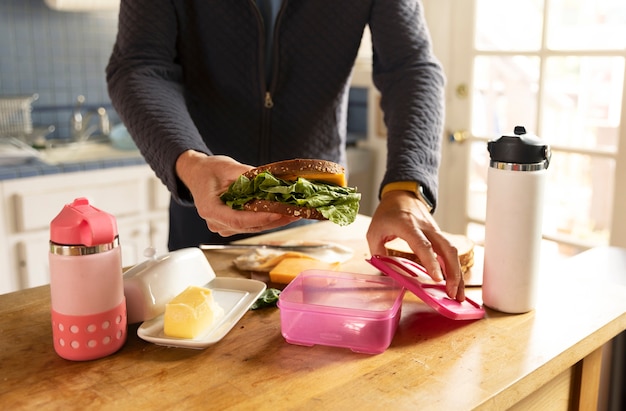
Wellness

Health
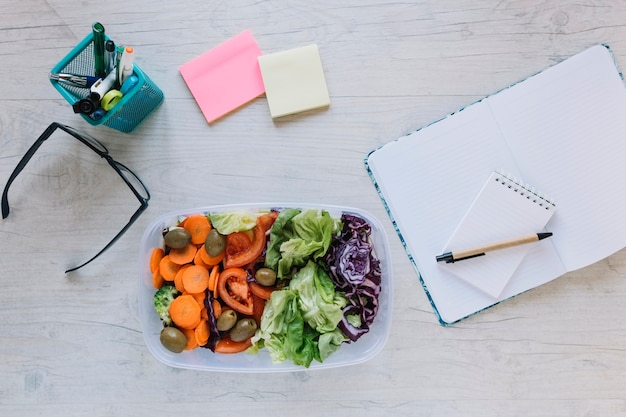
Wellness

Health

Fitness

Health

Health